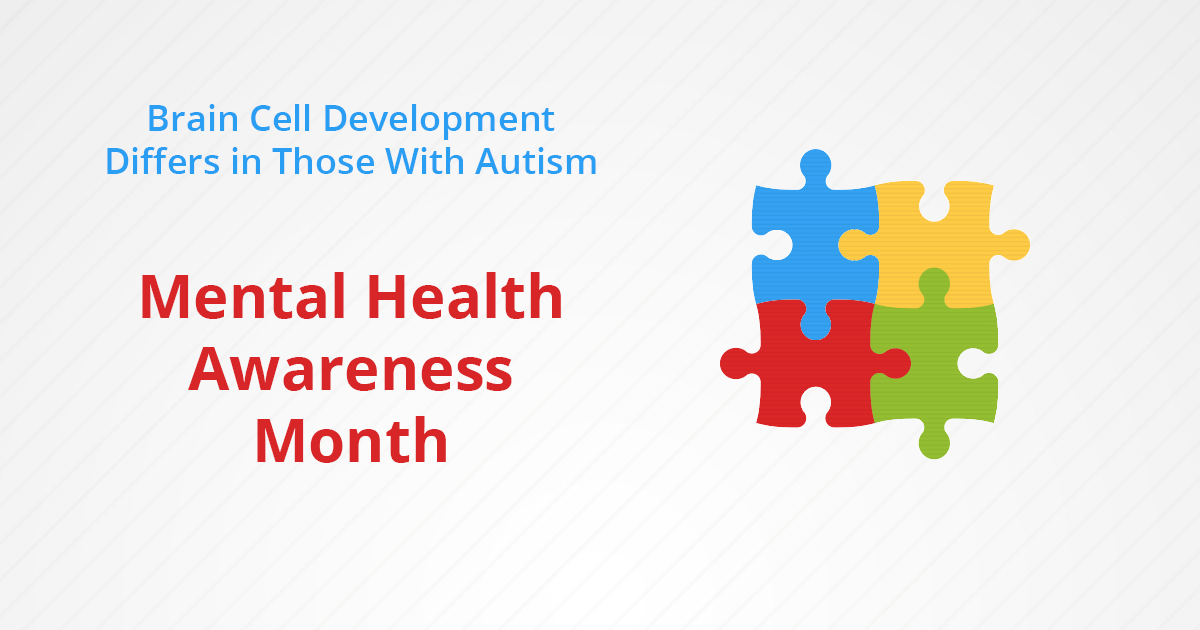Brain Cell Development Differs in Those With Autism: Study

(HealthDay News) — Neurons in a brain area involved with social and emotional behavior normally increase as children become adults, but this does not occur in people with autism, new research contends.
Instead, children with autism spectrum disorder (ASD) have too many neurons in this part of the brain — the amygdala — and lose neurons as they mature, according to researchers at the MIND Institute at the University of California, Davis.
“The amygdala is a unique brain structure in that it grows dramatically during adolescence, longer than other brain regions, as we become more socially and emotionally mature,” study senior author Cynthia Schumann said in a university news release.
“Any deviation from this normal path of development can profoundly influence human behavior,” she said. Schumann is an associate professor of psychiatry and behavioral sciences.
For the study, Schumann’s team examined the brains of 52 people who had died, including some with autism. They ranged in age from 2 to 48.
The researchers were surprised to find that the number of neurons in one part of the amygdala increased by more than 30 percent from childhood to adulthood in individuals who had developed normally.
In people with autism, however, the number of neurons was higher than normal in young children and declined with age.
“We don’t know if having too many amygdala neurons early in development in ASD is related to the apparent loss later on,” Schumann said.
“It’s possible that having too many neurons early on could contribute to anxiety and challenges with social interactions. However, with time, that constant activity could wear on the system and lead to neuron loss,” she said.
Learning more about how neurons in the amygdala change during adolescence might lead to new treatments for autism and other brain disorders, according to the researchers.
Previous studies have linked amygdala dysfunction to disorders such as autism, schizophrenia, bipolar disorder and depression.
The study findings were published recently in the journal Proceedings of the National Academy of Sciences.
More information
The U.S. Centers for Disease Control and Prevention has more on autism spectrum disorder.
SOURCE: University of California, Davis, news release, March 20, 2018
Copyright ©2017 HealthDay. All rights reserved.
